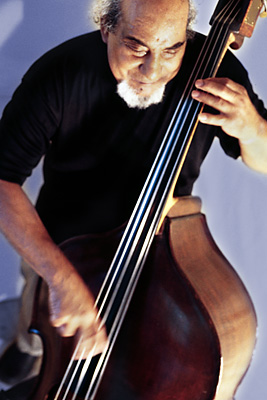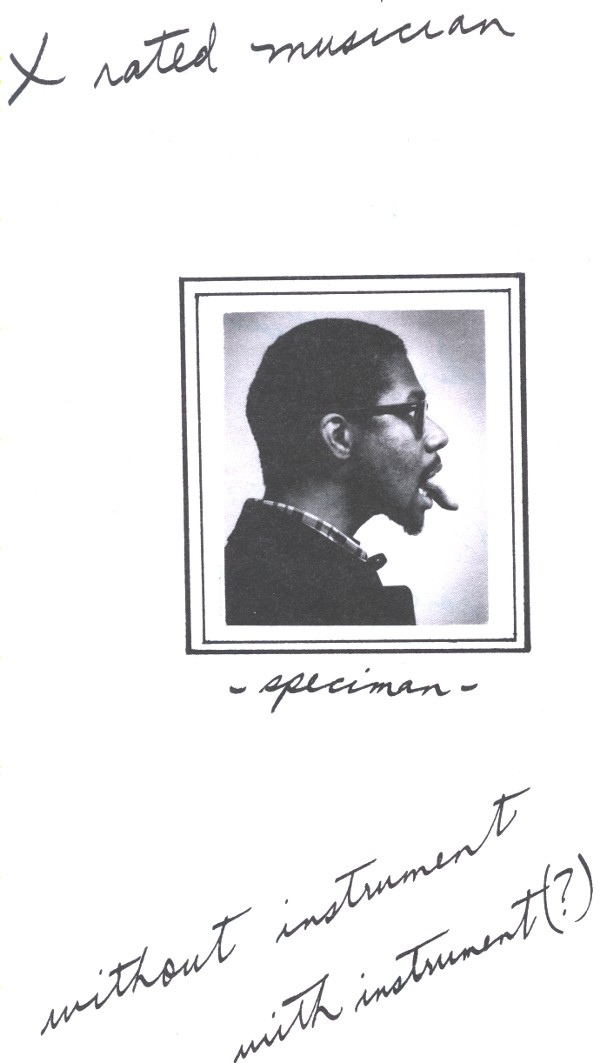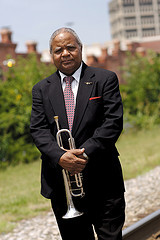The "JFK" Quintet
Band,
Jazz
In early 1960, Cannonball Adderley discovered five musicians in Washington, D.C.—the J.F.K. Quintet, named in honor of the newly elected John F. Kennedy and his ambition to change the status quo nationwide for blacks and the arts. In July 1961, six months after the inauguration, Adderley brought the group to New York's Plaza Sound Studios and produced their first Riverside album. The J.F.K. Quintet was comprised of Ray Codrington (tp), Andrew White (as), Harry Killgo (p), Walter Booker, Jr. (b) and Carl "Mickey' Newman (d). The result was the J.F.K. Quintet: New Jazz Frontiers From Washington. A second album was recorded in December '61 entitled Young Ideas The band dissolved in 1963, with White moving on to become a primary transcriber of John Coltrane's solos, Codrington recorded with Eddie Harris, and Booker became Adderley's bassist. White, who's still on the scene today, played alto and tenor saxophones with incredible energy, plus electric bass with the Fifth Dimension and Stevie Wonder, and classical oboe (which he holds at the top of this post). Once a year in Washington, D.C., he would book two rhythm sections and play a 12-hour jazz quartet gig at a club called the Top O' Foolery. And Harry Killgo was the father of Keith Killgo, the drummer with Donald Byrd and the Blackbyrds.
Members
 | Walter Booker b 1933-2006 US |
 | Andrew White eh *1942 US |
 | Ray Codrington tr US |
 | Carl "Mickey" Newman dr |
 | Harry Killgo p |
Discography
| Title | Artist | Year | Type |
|---|---|---|---|
| Young Ideas | The "JFK" Quintet | 1962 | Album |
| New Jazz Frontiers From Washington | The "JFK" Quintet | 1961 | Album |
